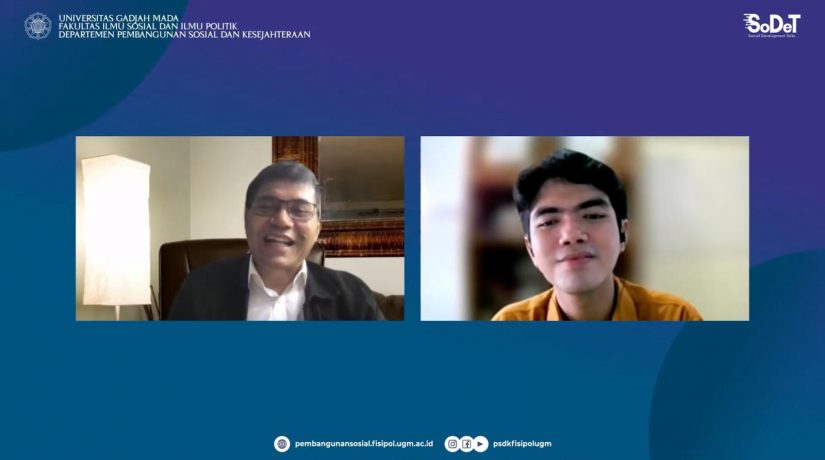
In this discussion, Rimun focuses on discussing equitable development in the case of infrastructure development—chosen because of its tangible form, occupying space and time aspects so that it is closely related to social and environmental issues, and touches many aspects of the element of justice. Based on Rimun’s experience and observations, justice is indeed easy to write and formulate. Unfortunately, justice is also not easy to implement, realize, coordinate and fight for. To clarify this point and its context with infrastructure development, Rimun gave several examples of cases, such as the case of Tuban, Merpati Beach, and Wadas.
Although complex, Rimun still shows optimism by emphasizing several aspects that need to be considered in order to realize a just development, complete with steps that need to be taken. It is hoped that one day, fairness in development can be realized as aspired.
Closing the whole discussion, Rimun said that indeed, currently, there are still many things, regulations, and their implementation that still need to be improved. In fact, there are not a few officials who have the same concerns, but are unable to do anything about it. This is a big homework assignment for Indonesia. But I am sure, if all people think about it and try to make it happen, fairness in development is no longer just a dream and aspiration, but also a reality.
